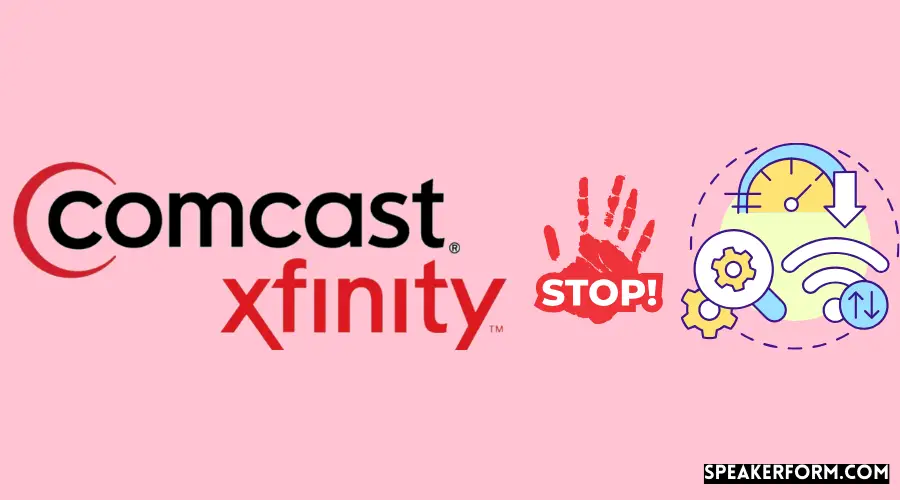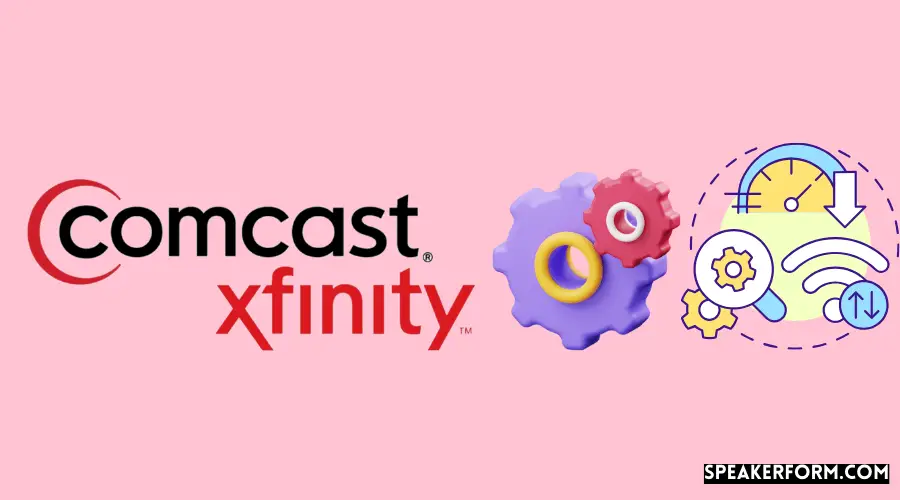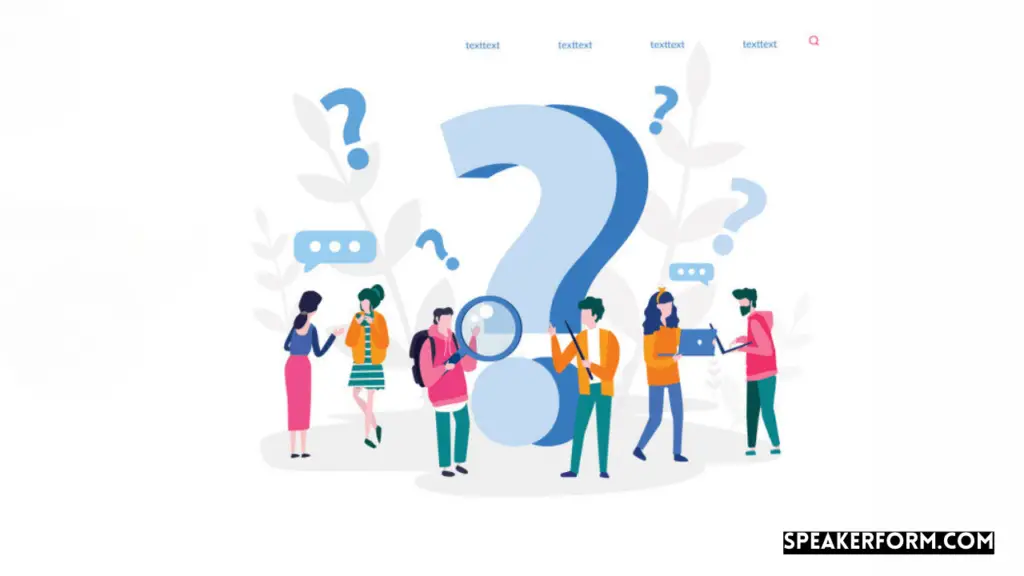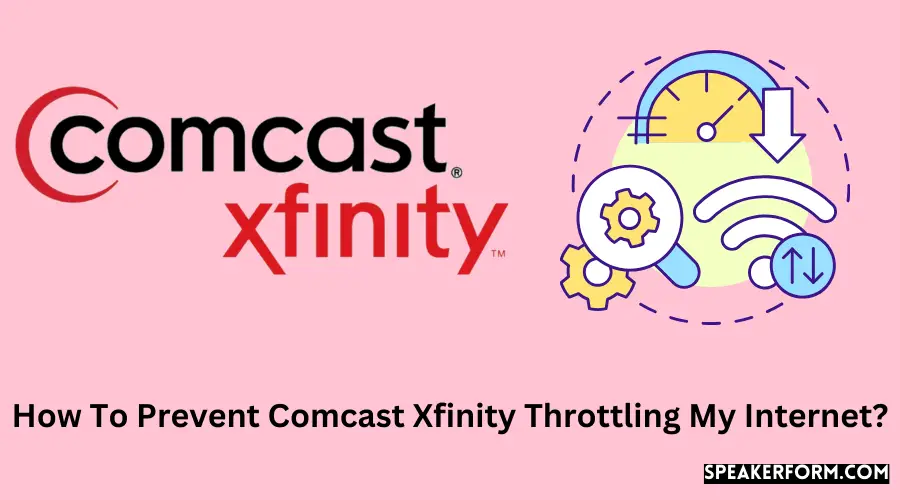Having limited access to high-speed internet causes delays in business tasks and results in a loss of enjoyment and functioning.
Throttled internet connections may be a significant nuisance for people who have a smart home hub in their house.
While some individuals may be able to switch their Internet Service Providers to maintain a smooth connection, others, such as myself, may not be able to do so because of financial constraints.
As a result, it’s critical to know why and how to repair sluggish internet connections.
Network congestion, paid prioritization, or visiting prohibited websites or services may cause your Xfinity internet connection to be throttled.
Consider utilizing a VPN to see if it increases your Xfinity internet connection’s speed if you think it is being throttled.
What is Throttling?
In Internet slang, throttling is deliberately restricting your internet speed and capacity by your Internet Service Provider.
Because your router connection is solid, your internet speed is only sluggish because your ISP has deliberately limited it.
Such throttling may occur if you have surpassed your monthly data limit while accessing particular websites or if your ISP detects activity on your connection, such as the use of torrents or streaming services.
Even if you believe that the problem is with your Wi-Fi connection and connecting through an ethernet cable, your internet speed will be sluggish since your internet service provider is throttling your internet connection.
How to test if Xfinity is throttling Netflix and other services with a VPN
You’ll need a VPN to check whether your ISP is throttling your internet connection.
A VPN, or Virtual Private Network, allows you to encrypt or conceal your Internet traffic from prying eyes.
If you’re having trouble with a sluggish connection when streaming or downloading movies, the VPN will keep your ISPs from being able to see your activity.
Once you’ve decided on a VPN, test your connection’s speed twice: once with and once without the VPN.
If there are differences in the results of the two tests, your internet service provider is likely slowing down your connection.
To be clear, this test does not prove anything. It only helps if your ISP restricts your access to certain websites or activities.
Additionally, there may be additional factors contributing to your sluggish connection, such as paid prioritization, network congestion, or data limits.
Why does Xfinity Throttle my Internet?
For a variety of reasons, your internet connection may be slowed by your ISP.
Data limits and network congestion are the most common causes of poor connection, but there are many additional factors at play.
Network congestion
Network congestion may arise during high internet use hours. Some individuals may benefit from a fast internet connection, while others may not have access to any network at all in such situations.
To avoid this, internet service providers (ISPs) may opt to throttle the internet connection in that region, ensuring that all homes have access to the internet rather than some individuals being unable to connect.
Data caps
Is your internet connection being throttled as the month draws to a close? You may have used all of your monthly data and are experiencing issues.
As a general rule, most internet service providers set a monthly or annual data restriction on how much data you may upload or download at maximum speed.
As a result, if you encounter a throttled internet connection, be sure to review the terms of service given by your ISP to determine whether or not you have over your data limit.
Xfinity’s My Account app makes it simple to keep track of your data use.
Paid prioritization
Due to net neutrality rules being repealed in 2018, internet service providers now have more latitude to slow down connections to promote paid prioritization schemes.
Occasionally, internet service providers may restrict your access to certain websites or services to get you to switch to theirs.
When you visit sites like Hulu or Netflix, your internet connection may be throttled by your ISP to urge you to use their streaming services.
It is also possible for ISPs to restrict connection for particular websites if they want such websites to compensate them for quicker loading times.
The bad news is that if the website chooses not to pay, you will have to suffer from a sluggish network connection anytime you want to visit that website.
Because some types of data may use a large amount of bandwidth and put a significant amount of strain on the network, internet service providers (ISPs) may restrict access to certain data types.
Internet service providers (ISPs) restrict the connection to alleviate this pressure, particularly during big downloads.
Forbidden activities
Your internet service provider (ISP) may reduce your internet speed if they find out you’re visiting an unlawful website, such as a well-known domain renowned for pirating material.
As a result of government mandates, your ISP may be severing your connection.
How do I stop throttling?

A VPN, as previously said, may assist you in concealing your internet traffic from your ISP. To summarize, if your internet connection is slowing down due to your internet use or visits to particular websites, a VPN may be of assistance.
Make sure you thoroughly study the VPN connections that are accessible; utilizing a VPN adds a step between your ISP and your connection.
The VPN itself may thus create some latency problems, which would contradict the whole point of using one.
Data caps
If you spend a significant amount of time on the internet, the likelihood is that you are experiencing fewer internet problems due to data limits.
It is necessary to monitor your internet use to determine how much data you consume in a given month to cope with this problem.
Reduce your monthly data use and remain under your monthly data limit after determining your typical monthly data usage.
• When your monthly data limit is surpassed, you must pay for additional high-speed data.
• Increasing your monthly data limit by upgrading your plan.
• Changing service providers so that there are no monthly data restrictions.
Network congestion
If your connection is sluggish before you’ve reached your monthly data limit, there may be congestion on the network.
Even if you can access the internet during off-peak hours, there’s not much you can do about it.
If possible, try to avoid using a lot of bandwidth during peak hours by downloading or streaming big files.
Also, pay attention to times when your internet connection seems to be sluggish.
Finally, if the problem persists, file a complaint with your Internet service provider (ISP) so that they may investigate and correct the problem.
If your ISP ignores the problem, you may be eligible for a free plan upgrade in certain circumstances.
How Can You Manage Usage And Throttling?

Understanding why internet service providers throttle your internet connection may assist you in avoiding it in the future. In certain instances, just obtaining a VPN may not be sufficient.
Try out the solutions for your throttled Xfinity internet connection to get your weekend binges back on track!
Frequently Asked Questions

Is throttling your Internet connection Illegal?
Throttling Internet speed is allowed in most situations, such as when there is network congestion or when you reach your monthly usage limit.
How much download speed do I need for streaming?
To have a pleasant streaming experience, we recommend a download speed of 3 Mbps or higher.
Will Wi-Fi booster increase internet speed?
A few Wi-Fi boosters may assist you in increasing your internet speed and, in some cases, even adding new capabilities to your wireless network.
Why is my internet so slow at night?
Your internet can become sluggish at night due to network congestion, which happens when many individuals use the connection simultaneously.
Link: https://robotpoweredhome.com/comcast-xfinity-internet-throttling/

